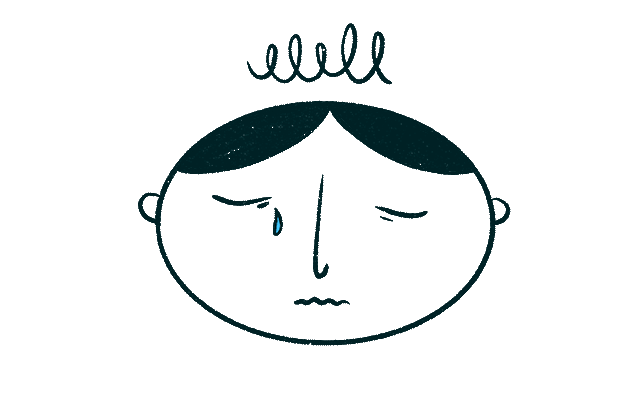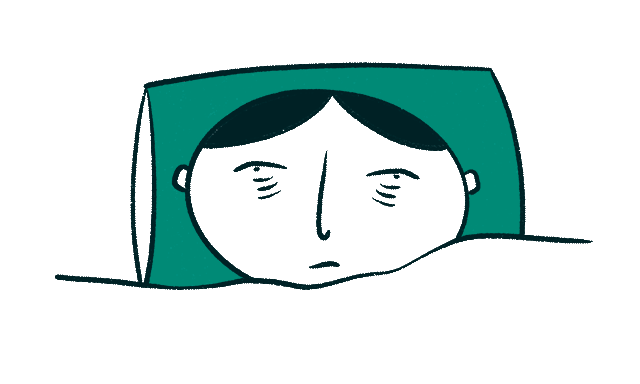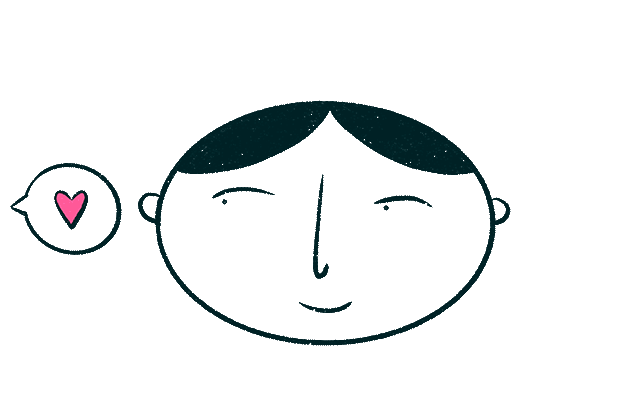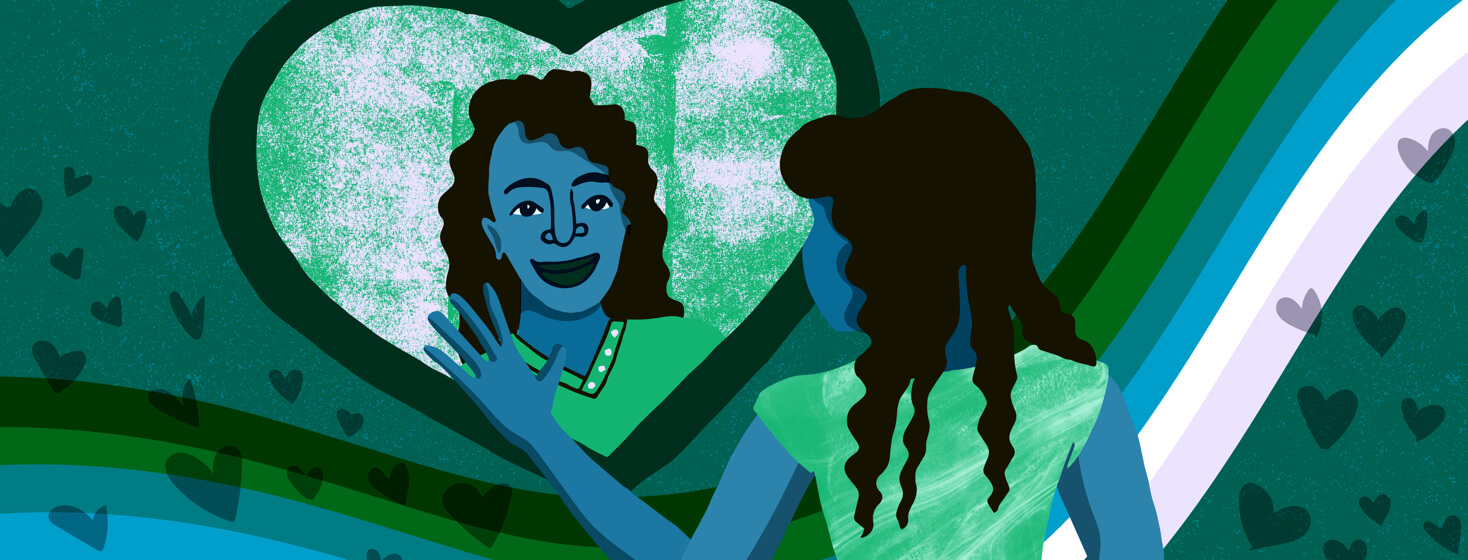Epilepsy and My Mental Health
I believe we can all agree that mental health is as important as physical health. Sadly, epilepsy can impact mental health.
Depression and anxiety are extremely common in our community. Being diagnosed with epilepsy can trigger one or both reactions. Epilepsy is scary, and for many people, the reality of what epilepsy consists of is unknown.
Movies and TV shows tend to portray seizures in a classic tonic-clonic state (e.g., grand mal seizures). If this is all you know and you do not have convulsive epilepsy, this portrayal of a seizure norm will be intimidating. On the other hand, if you have been diagnosed with tonic-clonic epilepsy, you could have anxiety about what this means for you.
Featured Forum
View all responsesDepression & anxiety after epilepsy diagnosis

Depression hit me when I was diagnosed. I didn’t know anyone else who had seizures. I felt alone and isolated. I took medication that didn’t stop my seizures. The medication also made me feel horrible. As I did more research and learned there was not a cure for epilepsy, my depression became deeper. I didn’t see a light at the end of the tunnel.
When it comes to anxiety, specifically, there are additional factors that come into play. I remember when I was diagnosed. I was in the first category or thinking I was going to have a convulsive seizure (even though that was not my seizure type). I started having major fears take over my mind.
- Memory loss from my seizures
- Lesions on my brain from seizures
- Sleeping and not waking up because of seizures (sudden death happens, but not as often as people fear)
- Being alone and having a seizure
My anxiety led to more seizures

Not sleeping was a huge trigger for me. I had more seizures during the day due to fears I could not control. Sleep, however, was controllable, and I had the power to make new sleep choices. I was also choosing to hurt my mental health by focusing mainly on my fears. My anxiety only hurt my health, it never helped or protected me.
As I grew up and learned I was not alone, I started to feel more at peace. I also started and focused on other methods to help my mental health.
- I educate myself. The more I learned, the more I wanted to share what I knew. Helping others and advocating for myself and for my community helped dramatically reduce my depression and anxiety.
- I heard once (I couldn’t tell you by who) that happiness is not a destination. That made sense, but at the same time blew my mind. I was working towards happiness instead of just embracing it.
- I found passions to channel my anxiety into or help calm my mind: QUALITY family time, art, kickboxing, reading
- Resting when my body tells me to rest.
Taking care of my mental health

As I've been practicing the methods, I've seen a difference in my state of mind. Don’t get me wrong, there are still days when I struggle to find the silver lining. I am also part of the population that takes anxiety medication to help during these times. Additionally, having a community and knowing I am not alone always helps me push through my struggle days.
Working on embracing the happiness I have around me or the situations I could control and create happiness has improved my mental health as well. I remind myself daily that happiness is not a destination. Sometimes I believe it and sometimes I don't. However, I have this statement written on my bathroom mirror to at least see it every day. Lastly, busy days don't mean stopping listening to what your body needs. I have found I am actually more productive after I rest and I have higher quality in my work.
Mental health is so important and needs to be cared for as well as physical health is cared for. In my experience, they work in harmony with each other. When my mental health is out of balance, it is so much harder for me to get my epilepsy symptoms under control.
Always remember, you are not alone.

Join the conversation